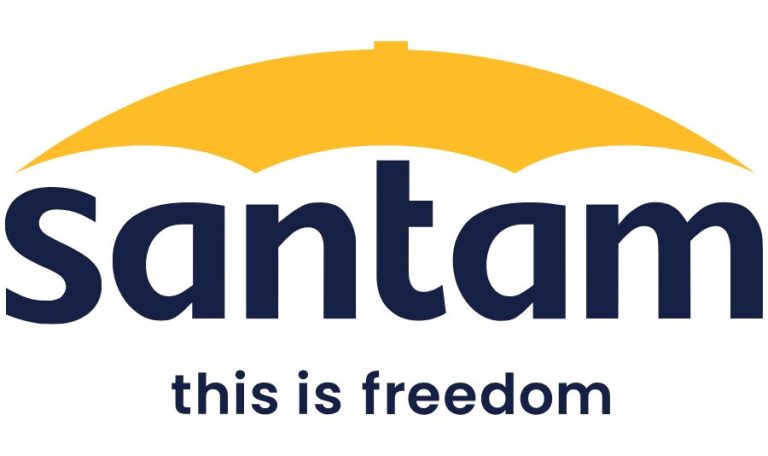In South Africa, stroke hits hard and often. What you do in the first days and weeks matters — not only for survival, but for dignity, independence and the chance of real recovery. Mark World Stroke Day on 29 October.
South Africa faces a heavy stroke burden: an estimated 75,000 strokes a year and more than 560,000 disability-adjusted life years lost. That’s not abstract — it’s families, jobs and futures. Hypertension drives much of the risk; over one in three adults has high blood pressure, and it’s linked to half of all strokes. Prevention matters, but so does support after the event.
Here’s how you can make a meaningful difference — at home, in clinic, and in the community:
- Get the basics right: book and keep follow-ups, check blood pressure at home, and organise meds in a weekly pill box. Ask the clinic for a written plan (meds, targets, red flags).
- Make rehab daily, not occasional: repeat the physio and speech exercises at home — short, frequent sessions beat long, rare ones. Track small wins (grip strength, step count, single words said).
- Adapt the space: remove trip hazards, add a chair in the shower, fit grab rails, raise the toilet seat, label cupboards. Safety and independence reduce fear — and hospital readmissions.
- Coach communication: use short sentences, give time to answer, try picture cards or a “yes/no” board. Celebrate progress; frustration kills momentum.
- Protect mental health: low mood and anxiety are common after stroke. Ask directly, listen, and escalate early to a counsellor or GP if sleep, appetite or interest drop.
- Keep glucose, pressure and lipids on target: help with a simple meal plan (less salt, more veg), plan affordable walks or chair-based exercise, and cut tobacco and alcohol.
- Share the load: rotate family tasks, recruit a neighbour, or ask the local clinic about community health worker support. Burnout helps no one.
- Plan for work and money: collect medical letters, discuss phased return with employers, and check eligibility for social support. Stability keeps recovery on track.
System fixes matter too. Community screening for high blood pressure, easier access to statins and antihypertensives, and reliable stroke referral pathways lower deaths and disability. That’s urgent, because stroke is a leading cause of long-term disability here — and a major drain on household income when carers stop working.
Use World Stroke Day (29 October) as a prompt: check blood pressure, learn the FAST signs, and set up a rehab routine for the person you support. Small actions, repeated, change outcomes.







